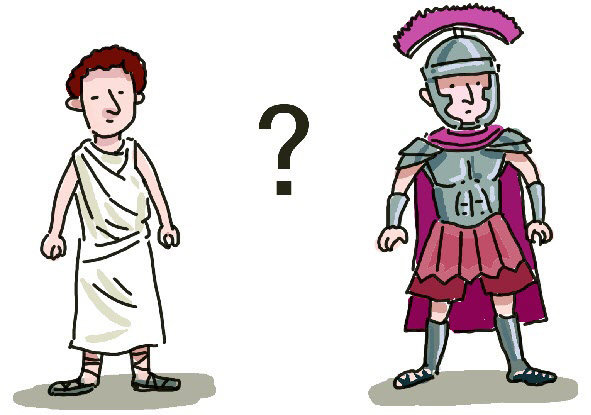Is it possible for a civilian to become a commander?
Is it possible for a civilian to become a commander?
Posted September. 24, 2024 08:14,
Updated September. 24, 2024 08:14

When Liu Bei successfully recruits the book-smart Zhuge Liang and gives him command of the army, Guan Yu and Zhang Fei are furious. This story takes place in a fictional setting, but would anyone have respected Zhuge Liang if this situation had happened? In real life, Zhuge Liang dreamed of excelling in both the literary and military arts, and he wanted to command the army, but unlike in the novel, Liu Bei opposed it.
Tony La Russa, the famed manager of the St. Louis Cardinals, became well-known for being a lawyer and winning a major league championship, but he was a former major league player. He became a lawyer after his playing days ended. In the world of intense competition, whether in sports or war, if someone without experience at the highest level of combat, like Zhuge Liang, becomes a leader, generals will resist, and both soldiers and civilians will feel uneasy.
History provides us with instances of civilians assuming military leadership roles. In Socrates' era, Athens elected its commanders through citizen votes. A case in point is when a wealthy businessman, Antisthenes, won over a renowned admiral, Nikimachides, in a plutocratic election. Despite Nikimachides' anger, Socrates, the conscience and wisdom of Athens, unexpectedly endorsed Antisthenes as a capable commander.
Socrates' thesis is this: it is the common virtue and duty of leaders to identify the best individuals and place them in the right roles, to contribute their efforts and wealth for the good of the state, to justly administer rewards and punishments, and to earn the respect of their subordinates.
The modern army is not the army of ancient Greece. No matter what Socrates said, a civilian cannot be a military commander. In ancient Athens, however, being a commander meant being a political leader. During Socrates' time, Athens was falling apart, and he sought a leader who would save the failing society. Do you think that's too obvious a virtue? Look around the world. Where are the leaders who embody those virtues?
Headline News
- Joint investigation headquarters asks Yoon to appear at the investigation office
- KDIC colonel: Cable ties and hoods to control NEC staff were prepared
- Results of real estate development diverged by accessibility to Gangnam
- New budget proposal reflecting Trump’s demand rejected
- Son Heung-min scores winning corner kick







